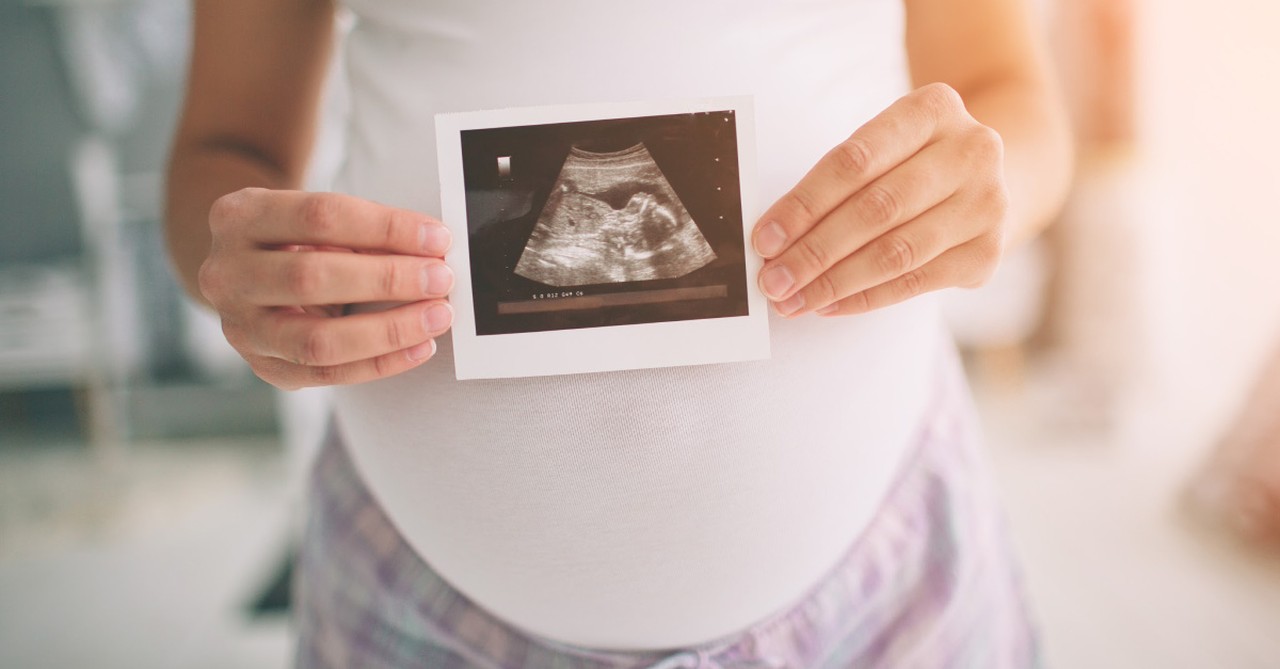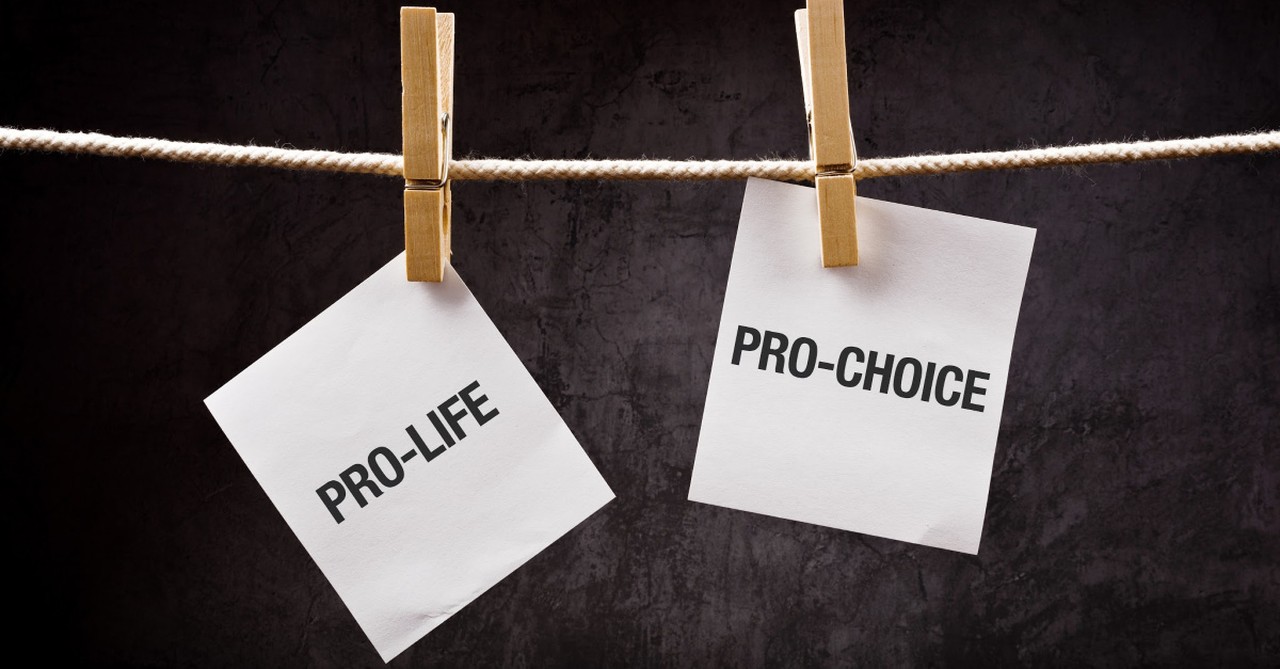
With patient instruction, moral courage, generous hearts, care for women in crisis, and a little political resolve, the worst effects of Roe can be mitigated and the lives of many unborn Americans can be saved.
Photo courtesy: ©Getty Images/Tetra Images
Myth #1: Abortion was a common and widely accepted practice throughout history.

Myth #1: Abortion was a common and widely accepted practice throughout history.
SLIDE 1 OF 9
Truth: This inaccurate claim was repeated throughout the 1960s. The fact is that abortion was rare well into the 19th century. Almost all abortion methods before then were ineffective or potentially dangerous to the mother. True, unwanted children were still terminated, but this was done by killing newly born children. If abortion is to be considered a common practice throughout history, the method was infanticide or abandonment (82-85).
Photo courtesy: Irina Murza/Unsplash
Myth #2: Roe was based on a careful investigation of the facts.

Myth #2: Roe was based on a careful investigation of the facts.
SLIDE 2 OF 9
Truth: When Roe v. Wade and Doe v. Bolton were tried in the lower courts there were no trials, and the judges did not look at evidence. One of the attorneys even stated that “the facts don’t matter.” Although many of the justices who decided Roe insisted on the importance of the factual record in other privacy cases, the investigation in Roe was largely taken up with procedural questions (92-97).
Photo courtesy: ©Getty Images/Brian PIrwin
Myth #3: Women were dying by the thousands because of back-alley abortions.

Myth #3: Women were dying by the thousands because of back-alley abortions.
SLIDE 3 OF 9
Truth: The number of maternal deaths from all causes was 780 in 1972 (down from 7,267 in 1942). Of the 780 maternal deaths, 140 were listed as “abortion deaths” by the National Center for Health Statistics, and included in this number were those deaths caused by spontaneous miscarriage (102).
Photo courtesy: ©Getty Images/Serdjo Photo
Myth #4: Existing abortion laws targeted women.

Myth #4: Existing abortion laws targeted women.
SLIDE 4 OF 9
Truth: Virtually all states with anti-abortion laws treated the woman as a victim and never as a perpetrator or an accomplice to abortion. The states understood that abortions were often coerced by others and that prosecuting the woman who had an abortion was not enforceable. Instead, “treating the woman as the second victim of abortion was the consistent policy of the states for nearly a century before Roe” (112).
Photo courtesy: ©Getty Images/Image Source
Myth #5: The destruction of the fetus was never treated as infanticide in the American legal tradition.

Myth #5: The destruction of the fetus was never treated as infanticide in the American legal tradition.
SLIDE 5 OF 9
Truth: Anglo-American law, in a tradition inherited from Roman law, had called the fetus an “unborn child” or “child” since at least the 1200s. In the 19th century statutes enacted in 17 states referred to the crime against an unborn child as “manslaughter,” “murder,” or “assault with intent to murder.” Most of these statutes called the unborn child a “child,” not a fetus or some term which could undermine the full personhood of the unborn (114-115).
Photo courtesy: ©Getty Images/Estradaanton
Myth #6: Our abortion laws are mainstream compared with the rest of the world.

Myth #6: Our abortion laws are mainstream compared with the rest of the world.
SLIDE 6 OF 9
Truth: The United States is one of only 10 nations that allow abortion after 15 weeks of gestation. In seven countries abortion is broadly legal after viability: Canada, South Korea, North Korea, Vietnam, China, Australia and the United States (126).
Photo courtesy: Unsplash/Adolfo Félix
Myth #7: Abortion is safer than childbirth.

Myth #7: Abortion is safer than childbirth.
SLIDE 7 OF 9
Truth: This is one of the myths that was crucial in the Justices’ decision and has been almost entirely overlooked since 1973. This medical mantra, based on seven journal articles with no reliable medical data, was countered in the briefs filed with the Supreme Court and in oral arguments (155-180).
Photo courtesy: ©Getty Images/Jacek Sopotnicki
Myth #8: The country is divided on the issue of abortion.

Myth #8: The country is divided on the issue of abortion.
SLIDE 8 OF 9
Truth: While a large (but decreasing) number of Americans support Roe, this figure drops precipitously when people are asked, not generically about Roe, but about what Roe actually allows. According to a 2009 poll, only 7 percent of Americans think abortion should be allowed at any time of pregnancy for any reason, precisely what Roe mandated in all 50 states (295).
Photo courtesy: ©Getty Images/Stevan Ovicigor
Myth #9: The pro-life movement is anti-women.

Myth #9: The pro-life movement is anti-women.
SLIDE 9 OF 9
Truth: Women are less supportive of abortion than men. According to a 2010 Rasmussen poll, 53 percent of women believe abortions are too easy to get, compared with 42 percent of men. Likewise, 58 percent of women believe abortion is morally wrong in most cases; 49 percent of men agree with the same statement (305).
Content taken from the article, 9 Myths about Abortion Rights and Roe v. Wade, written by Kevin DeYoung. Click the link to read the text version. This article was originally published on TheGospelCoalition.org, used with permission.
Images courtesy of: ©Getty Images/Michael B. Thomas/Stringer
Originally published June 24, 2022.







